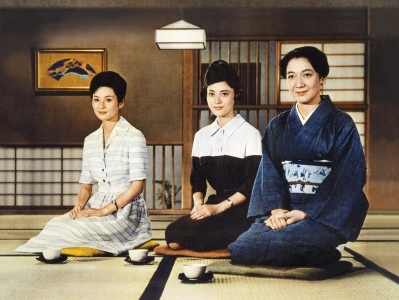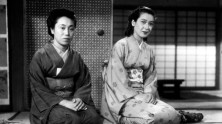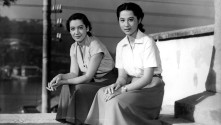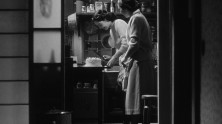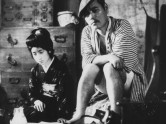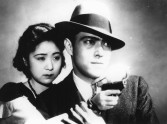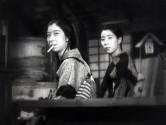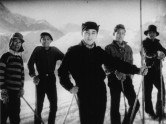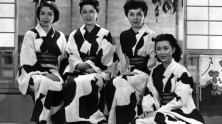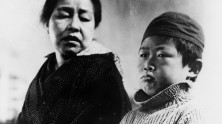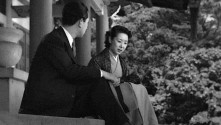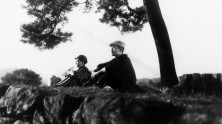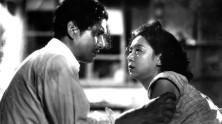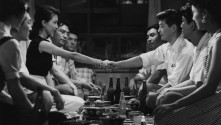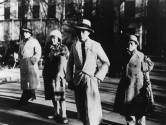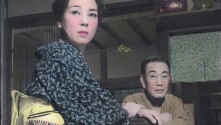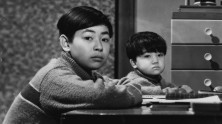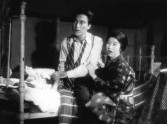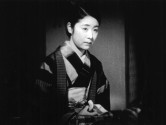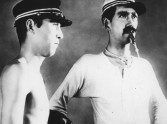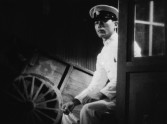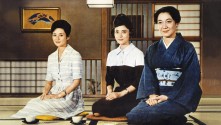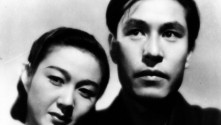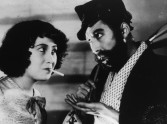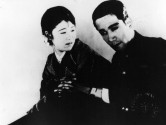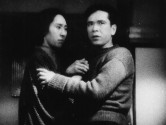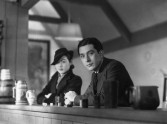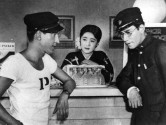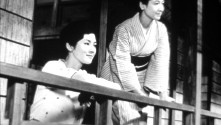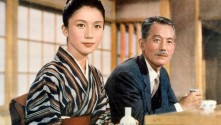
Tokyo-Ga
US/West Germany , 1985, DCP, color, 92 min.
English, Japanese and German with English subtitles.
DCP source: Janus Films
Just before he found international acclaim with his crowning work Paris, Texas, German filmmaker Wim Wenders took a detour to Tokyo to pay tribute to the director whom he counted among his most important inspirations. Tokyo-Ga is an essay film searching for the essence of the eponymous city defined across Ozu’s films by the neat back alleys, the tranquil parks and the composed views that were so often used as transitional shots between scenes. Wenders’ astute readings of dominant motifs and ideas of Ozu’s cinema are thus intertwined with observations on Tokyo itself and moving encounters with two of Ozu’s most important collaborators, veteran actor Ryu Chishu and his faithful cinematographer Atsuta Yuharu, who shot almost all of Ozu’s major films. Released just two years after Sans Soleil (1983), Tokyo-Ga can be seen as a companion piece of sorts to Marker’s film that again explores the transformation of Japan, then ascendant as a global economic and popular culture superpower, with the wry detachment of a foreigner and image-maker. By capturing fleeting moments of strange and striking beauty in the same everyday cityscapes explored in Ozu’s cinema, Ed Lachman’s lush Eastman color cinematography engages in a subtle dialogue with the uniquely rigorous yet playful cinematic language that remains Ozu and Atsuta’s most lasting legacy. – HG
